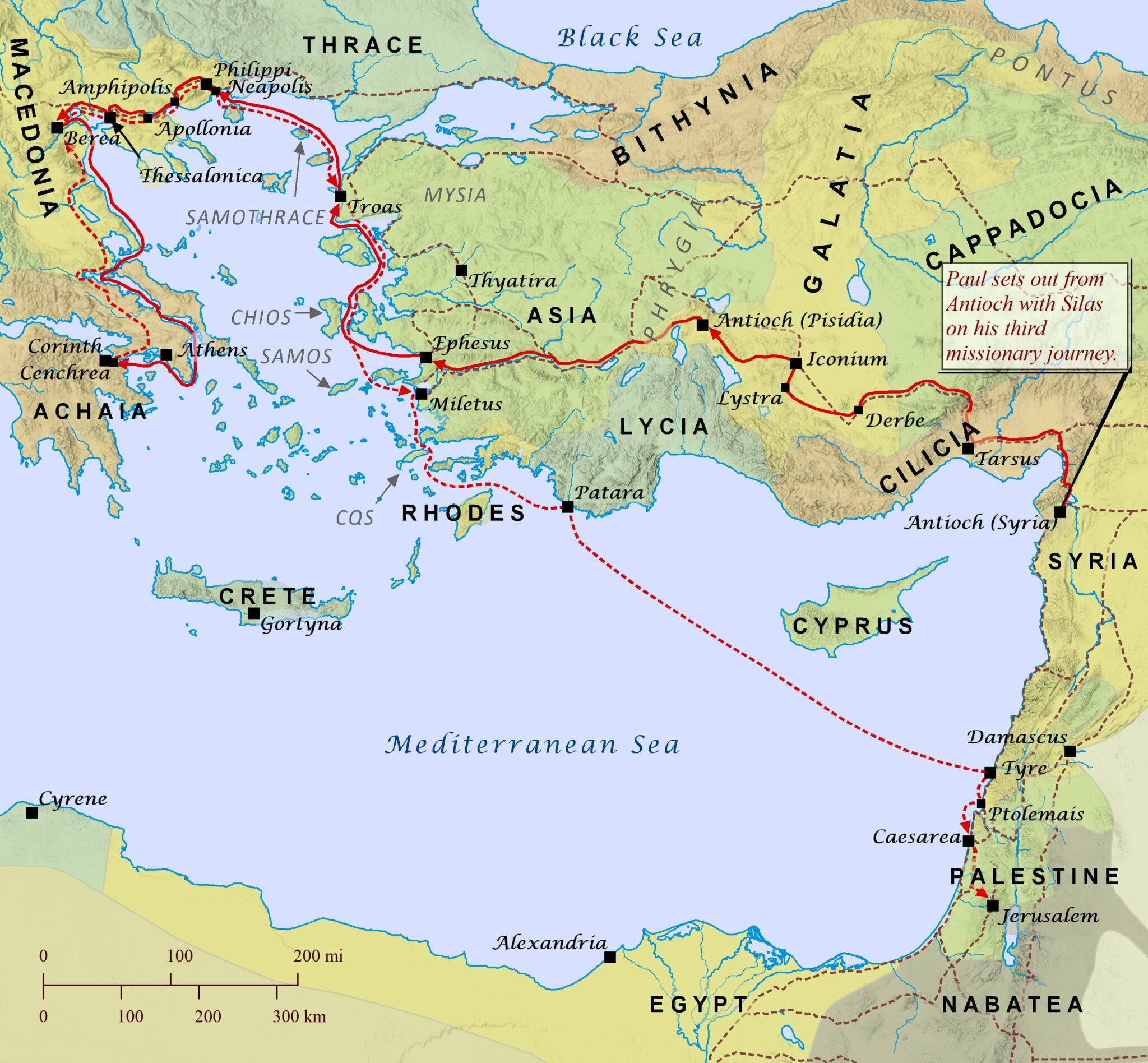Christ died and resurrected to be the Lord of our lives. There may be petty differences in how we live, but whatever we do should be for the Lord, rather than ourselves, according to our conscience.
Paul addresses other differences, in this case regarding religious practice. One person [of weak faith] regards one day above another (v 5), thinking certain days are holier than others, and another regards every day alike (v 5).
Some modern Christians take the Lent season very seriously and some ignore it. Each is fine, so long as each person is fully convinced in his own mind (v 5). The other key is to be thankful, irrespective of how and what days are celebrated. He who observes the day, observes it for the Lord, and he who eats, does so for the Lord, for he gives thanks to God; and he who eats not, for the Lord he does not eat, and gives thanks to God (v 6).
The same applies to food. Whatever decision is made about food, the key is to be thankful. The heart attitude is the key. Paul’s primary instruction is to give thanks to God regardless of what decision is made regarding days and food.
Paul writes later on in this chapter, in verse 14, “I know and am convinced in the Lord Jesus that nothing is unclean in itself,” but he acknowledges that for some weaker believers there are still substances or practices that can harm their walk with God if indulged in, or if abandoned. He just addressed this in the previous section, instructing believers to be sensitive to those with weak consciences, and to avoid sitting in Jesus’s judgment seat; it is Jesus’s prerogative to judge, not ours.
Jesus Himself was criticized by the Pharisees for breaking a rule on the Sabbath, and His response was, “The Sabbath was made for man, and not man for the Sabbath” (Mark 2:27). The Sabbath is a day that God has made that we can rejoice in. It is something in which we should give thanks to God.
Does that mean we throw the Sabbath principles out the door? No. We need rest. We need time set aside for God. We need recreation and restoration. But is there just one way to do that? No. Paul describes different ways believers practice their faith, all with the intention of doing it for the Lord, not for themselves. It is always proper to do whatever we do as unto the Lord (Colossians 3:23).
We should live our lives in faith and in thanks to the Lord, even if we go about certain practices differently. Paul doesn’t want us to fall into judging one another for these differences, as he states in the following verses. His main point in this passage is that we are the Lord’s, whether we live or die, for not one of us lives for himself, and not one dies for himself; for if we live, we live for the Lord, or if we die, we die for the Lord; therefore whether we live or die, we are the Lord’s (vv 7–8).
This might be restated as “We are all on the same team, and Jesus is the coach, so let’s listen to Him.”
Jesus desires us to live out our daily lives for Him, rather than look down on others for their weak faith or their old habits of obsolete religious practices. For to this end Christ died and lived again, that He might be Lord both of the dead and of the living (v 9).
Christ died and rose again that He might deliver us from the law of sin and death (Romans 8:2). Christ died that all who believe might have eternal life (John 3:14-16). Christ lived again when He was resurrected so that He might be Lord both of the dead and of the living. Because of His obedience, all authority was given to Jesus. This was true both in heaven, where Jesus is over those who have died and gone before us, as well as on earth, those who are still living (Matthew 28:18; Philippians 2:8).
Since Jesus is the Lord, and is the master of all, we should leave the judging to Him.
Biblical Text
5 One person regards one day above another, another regards every day alike. Each person must be fully convinced in his own mind. 6 He who observes the day, observes it for the Lord, and he who eats, does so for the Lord, for he gives thanks to God; and he who eats not, for the Lord he does not eat, and gives thanks to God. 7 For not one of us lives for himself, and not one dies for himself; 8 for if we live, we live for the Lord, or if we die, we die for the Lord; therefore whether we live or die, we are the Lord’s. 9 For to this end Christ died and lived again, that He might be Lord both of the dead and of the living.
Check out our other commentaries:
-
1 Samuel 17:20-30 meaning
David learns of Goliath and angers his oldest brother with his curiosity and his fearless speech upon hearing of the seemingly unbeatable Philistine champion....... -
Hosea 1:1 meaning
Hosea receives the word of the LORD during the days of Uzziah, Jotham, Ahaz and Hezekiah, kings of Judah, and during the days of Jeroboam...... -
Romans 6:1-4 meaning
Grace will always abound; God covers all sins—past, present, future. But we’ve been given a new life, raised up in Christ’s resurrection. We have the...... -
Daniel 5:22-24 meaning
Daniel concludes by telling Belshazzar that he is not like Nebuchadnezzar. He, Belshazzar, has not humbled his heart before God, rather he has exalted himself...... -
Matthew 5:3-10 meaning
Jesus begins the “Sermon on the Mount” with a chiasm commonly known as the Beatitudes. To describe the citizens of His Kingdom, Jesus repeats the......



